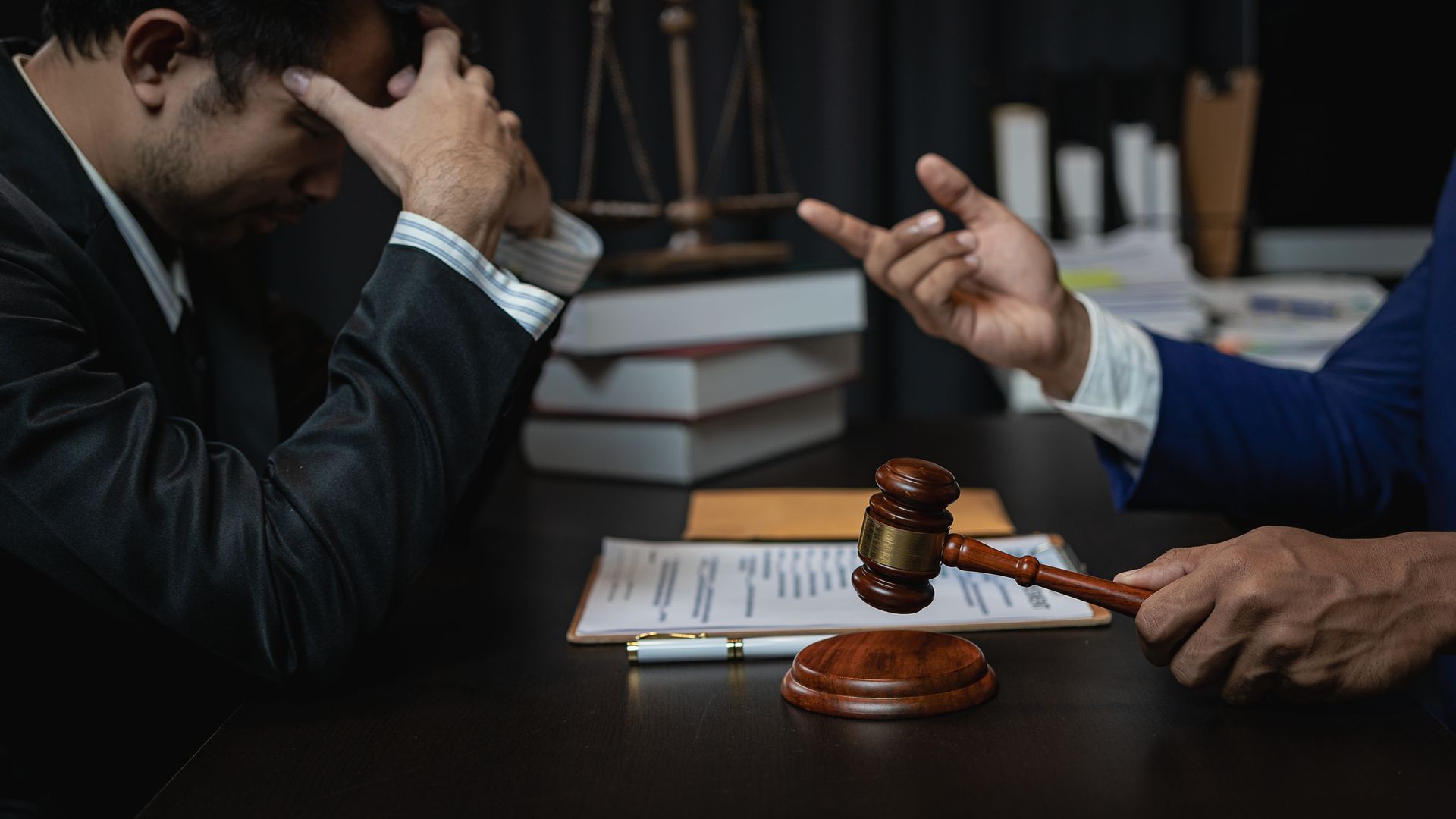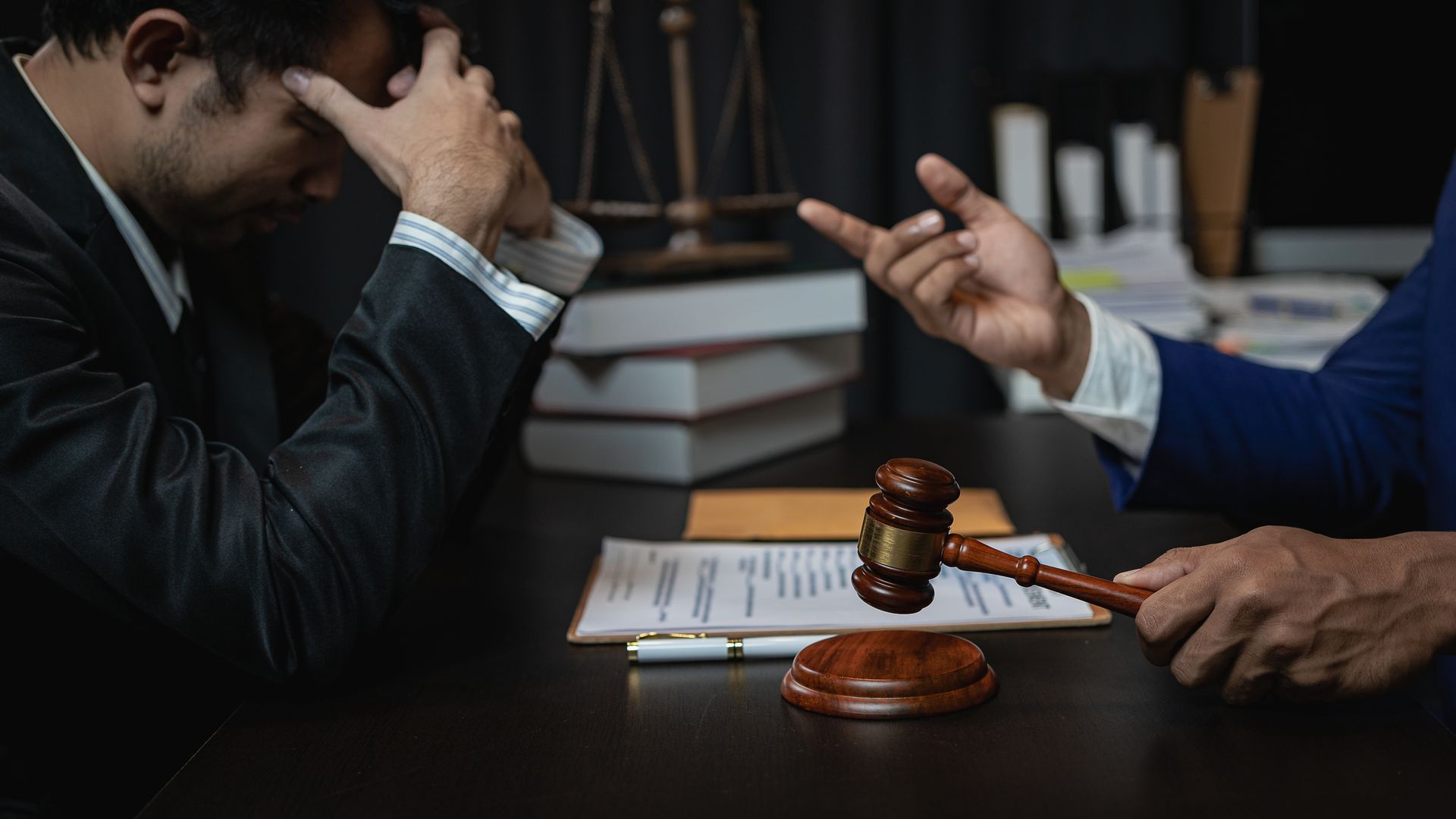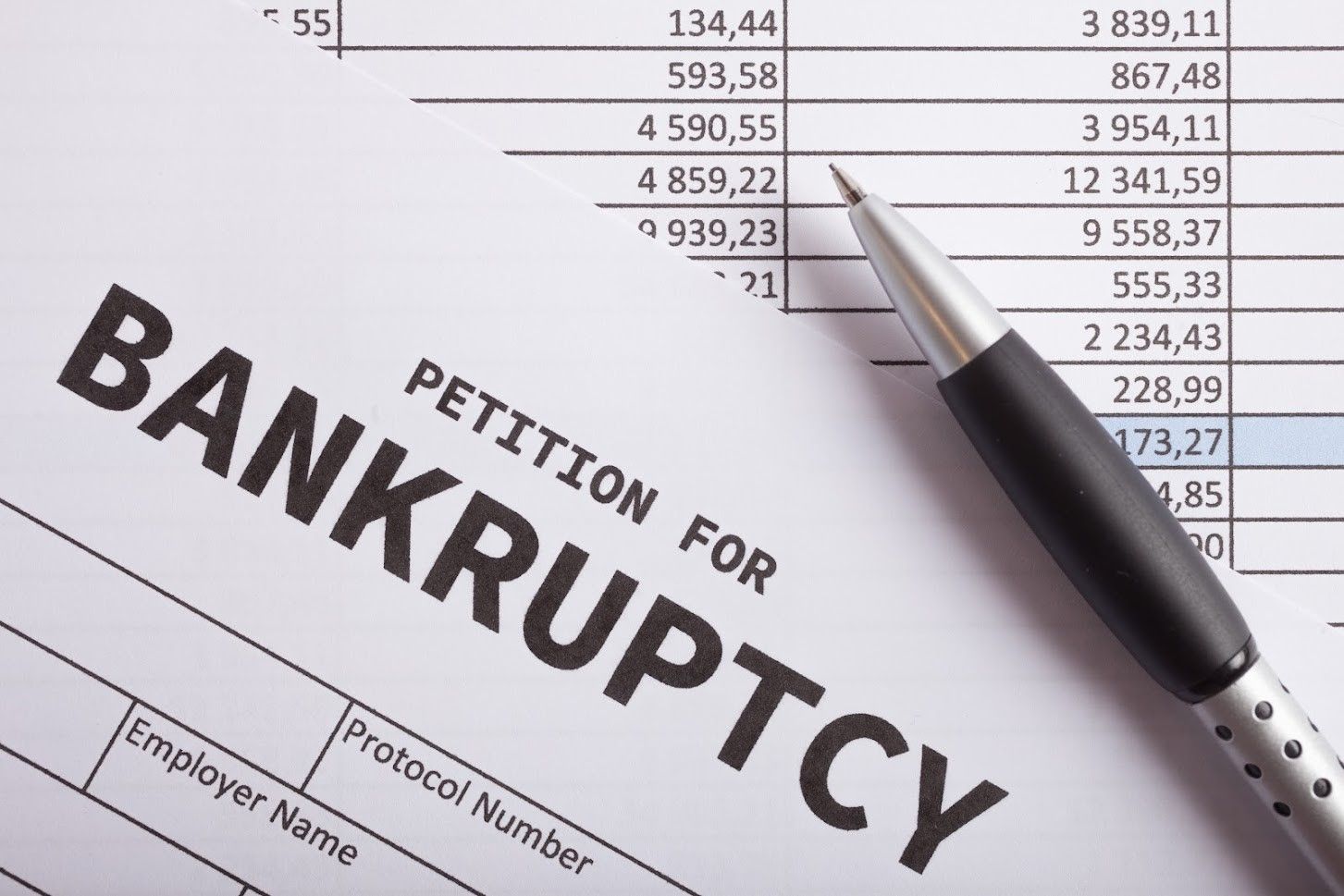The Potential Consequences of Filing for Bankruptcy

Bankruptcy is a legal process that allows people or businesses to restructure or eliminate their debt. For many people, it's a complex process that requires the help of an attorney.
What makes bankruptcy such a big deal? For one, its consequences can be pretty severe. You need to understand these before you decide to file for bankruptcy. Here are some of the potential consequences.
Loss of Property
Both Chapter 7 and Chapter 13 require that you surrender some of your property to help repay your debts. This may include your car, home, jewelry, or other valuable possessions.
And it's not just you who's affected — co-signees on your loans can also have their property taken away.
Chapter 7 bankruptcy, in particular, can be very difficult for people who own a lot of property. This is because the trustee assigned to your case will sell off your property to repay your creditors. You can only exempt a certain amount of property, so anything above that may be at risk.
Chapter 13 is typically more lenient in this respect. You may be able to keep most, if not all, of your property. But you'll still have to repay your creditors. You can stagger these payments over the life of your repayment plan, which is usually three to five years.
Damaged Credit
Any negative information on your credit report will make lower your credit score. A low credit score means you're a high-risk borrower.
Lenders consider bankruptcy a serious negative when it comes to your credit. That's because it shows that you were not able to repay your debts.
To make it worse, bankruptcy can stay on your credit report for up to ten years. That means it will be hard for you to get approval for a loan or credit card during that time. Lenders will either decline your application or charge you a higher interest rate and unfavorable terms.
However, the long-term effects of bankruptcy aren't all bad. Bankruptcy is a chance to start over. After a few years, you can begin to rebuild your credit score by making on-time payments and keeping your balances low. You won't have outstanding debts hanging over your head, which will help you financially in the long run.
Psychological Impact
Filing for bankruptcy can be a very stressful process. It's not uncommon to feel overwhelmed, anxious, or even depressed.
You may feel like you're losing everything you've worked so hard for. And it can be hard to see a way out.
It's important to remember that bankruptcy is not a reflection of your personal worth. It's a legal process that can help you get a fresh start.
If you're feeling overwhelmed, talk to a therapist or counselor. These trained professionals can help you deal with the psychological impact of bankruptcy.
Affects Job Prospects
If you're already employed, filing for bankruptcy will not automatically get you fired. However, it may affect your job prospects in the future.
Employers often do credit checks as part of the hiring process. They may not hire you if they see that you've filed for bankruptcy.
Some employers view bankruptcy as a sign that you're not responsible with money. Others may worry that you'll be unable to handle the company's finances if they hire you.
Hire a Bankruptcy Lawyer
Bankruptcy might be the only way to get out of debt, but it's not a decision to take lightly. When entering bankruptcy, consult with a bankruptcy lawyer. They will help you understand the process and what to expect.
At Charles J. Schneider, P.C. in Michigan, our team of compassionate and knowledgeable bankruptcy attorneys will guide you through every step of the bankruptcy process. Contact us today for a free, confidential consultation. We're here to help.























